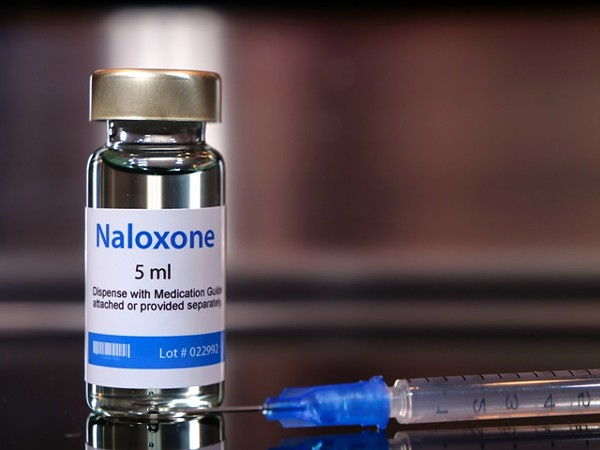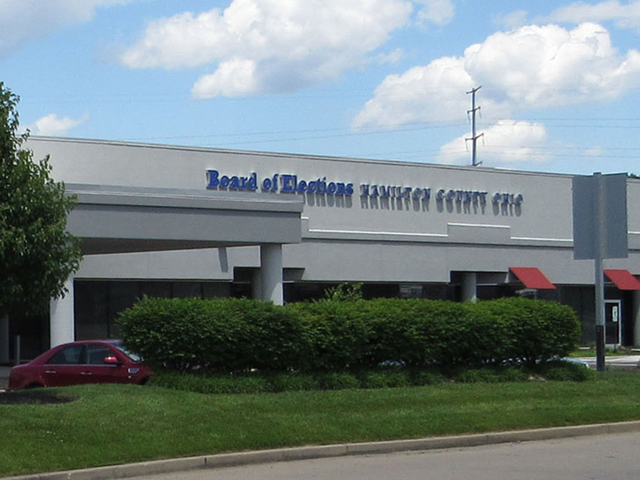The public health spotlight is on COVID-19, but the opioid epidemic still is a major priority in Ohio with a continued tragically high number of drug-overdose deaths.
Nearly 4,000 overdose deaths were reported in 2020, but the final number is expected to approach or exceed the 2017 record of 4,854.
One strategy to reduce the number is the distribution of Narcan or naloxone.
Linda Smolak, projects manager for Harm Reduction Ohio, said the treatment can reduce the deadly effects of heroin or opioids.
"Nobody deserves to die because they have used drugs for some reason," Smolak insisted. "A lot of those times, those reasons have to do with mental health or physical-health issues or trauma. These are fellow Ohioans, they're people who are valuable and whose lives we want to save."
Because of the pandemic, Harm Reduction Ohio started distributing naloxone kits through the mail with an online request from those who use drugs or concerned friends or family members. The kits are free and available to anyone who lives in Ohio.
While the online distribution has expanded their reach, Smolak said it hasn't been particularly successful in reaching communities of color. She explained it's especially concerning because overdose deaths among Black Ohioans jumped in 2019.
"Overdose death rates were higher in Black communities than in white communities," Smolak observed. "That has not happened before. And so we need to be finding ways to get more Narcan into communities of color to make sure those death rates don't continue to rise so quickly."
Expanding access to naloxone is a matter of public health, as Smolak noted people who request a kit often are connected to syringe exchanges, health clinics or other services that can keep them healthier.
"Those can help to benefit the general-public health by keeping people who use drugs healthier," Smolak contended. "If people who use drugs get sick, whether it's with COVID or HIV or anything else, it can spread to the general community."
She added many people who survive a drug overdose ultimately enter recovery, where they get on a path back to being a contributing member of society.






